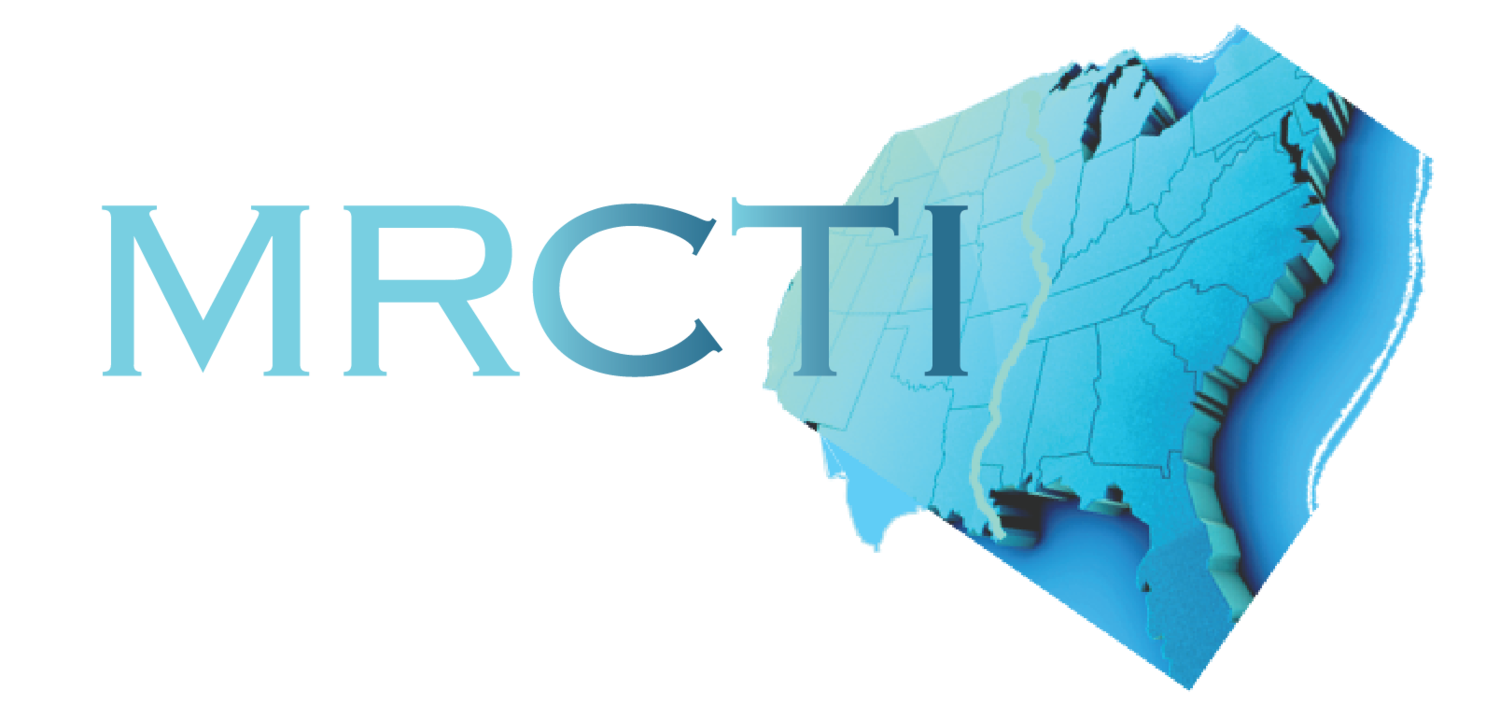BY DAVID J. MITCHELL | Staff writer
Sep 18, 2024
Mayors of Mississippi River cities and towns meeting in Baton Rouge this week are honing a new agreement to open up more international trade, spur greater infrastructure and navigation investment, and raise awareness of the 2,350-mile waterway's significance to the nation's economy and the more than 20 million people who rely on it for drinking water.
On Tuesday, the mayors also called for the next president to keep the nation in the Paris Climate Accord, reform national emergency response policy when it comes to droughts and provide more money for river-based drinking water systems handling growing pollution concerns such as per- and polyfluoroalkyl substances.
The new deal and a variety of initiatives were announced during meetings this week in Baton Rouge of the Mississippi River Cities and Towns Initiative, an advocacy effort of communities relying on the river for their well-being.
Baton Rouge Mayor-President Sharon Weston Broome and other river mayors say they want an increased, multi-state focus from the next president on a waterway that drains 31 states and two Canadian provinces while creating 1.5 million jobs and $500 billion in revenue annually. It carries $1 trillion in products past the St. Louis Arch every year.
"The Mississippi River remains the economic and cultural artery running through the heart of America, yet river communities face many challenges to their continuing prosperity," Mitch Reynolds, mayor of La Crosse, Wisconsin, and co-chairman of the group, said during a news conference in Davis S. Rhorer Plaza, near Baton Rouge's riverfront and within sight of the I-10 bridge over the Mississippi.
The meeting comes as the river has seen volatile swings in recent years, from a series of high water events that forced regular use of previously infrequently employed flood control structures on the lower river to, more recently, droughts and low flow periods that have threatened drinking water in the New Orleans area and farther south with saltwater intrusion from the Gulf of Mexico.
Gretna Mayor Belinda Constant said the group representing 105 cities and towns is "sending a message" to the next president to address the nation's drought policy early in the next term.
Gretna, Harahan, Westwego and other communities in and near the New Orleans area downriver of Baton Rouge had to scramble last year to prepare for the possibility of a saltwater wedge moving up a low flowing river and contaminating drinking supplies, though the threat ultimately did not materialize there. Plaquemines Parish, near the river's mouth, however dealt with the problem for months.
The saltwater wedge is advancing up the river again this year, forcing the Army Corps of Engineers to build a sill to block it for a third year in a row, though forecasts so far are not predicting problems for Belle Chasse and all points farther upriver.
Constant pointed out that cities and towns cannot get disaster declarations for intense heat or drought and cannot access Federal Emergency Management Agency dollars on drought or mitigation for high heat, though the past three summers have been some of the hottest on record in the Mississippi River Valley.
She added that recent major droughts have been more costly than the nation's worst floods and that heat waves have been more deadly disasters than all but named storms.
The drought of 2012 cost the river corridor $35 billion and the 16-month drought of 2022 and 2023 cost the region $26 billion, while the largest and longest flood in U.S. history in 2019 cost more than $20 billion, the advocacy group said.
But no mechanism exists to incentivize farmers and manufacturers who rely on the river to recycle or conserve water during dry periods, the mayor added.
"These are not difficult policy adjustments to make. We stand ready to work with the next president to make sure our economy is more resilient and adopt national drought policy," Constant said.
Bob Gallagher, the multi-term mayor of Bettendorf, Iowa, called on the next president to keep the country in the Paris Climate Accord to ensure agricultural and manufacturing exports from Mississippi communities can continue to have access to global markets.
"We know that the Paris Accord only helps us to compete and to move our commodities and goods across the world to the markets," Gallagher said.
Reached in late 2015, the accord aims to limit global temperature change to no more than 3.6 degrees Fahrenheit above pre-industrial levels by cutting fossil fuel emissions and other measures.
Gallagher, who leads a community of about 40,000 people in the agriculture-heavy state, said one provision of the accord could be interpreted to mean that goods from nations not abiding by the agreement could have tariffs placed on their exports. Farmers and other commodity groups have spent more than 30 years building overseas markets, he said.
"We can't afford to make any policy decisions that will jeopardize the $164 billion in agricultural commodities the Mississippi River makes possible every year," he said.
Some 60% of the nation's grain exports pass through Louisiana's ports, the mayors group said.
The Paris Accord was reached during Democratic President Barack Obama's second term, but Republican President Donald Trump pulled the nation out of deal. Democratic President Joe Biden put the country back in the accord soon after taking office in 2021.
New Orleans Mayor Latoya Cantrell wasn't at the news conference or meetings on Tuesday due to a conflict, group officials said, but she was expected to speak on Wednesday before the mayors.
David J. Mitchell can be reached at dmitchell@theadvocate.com.

